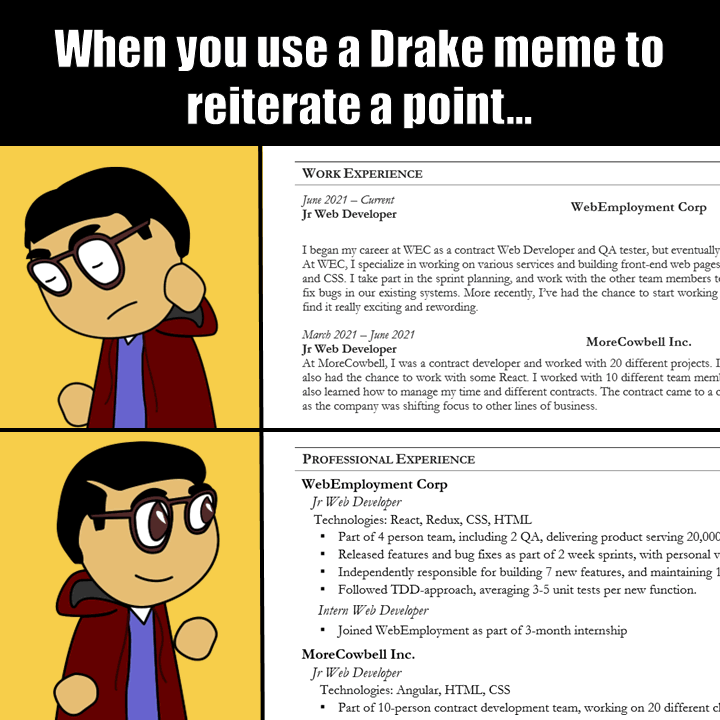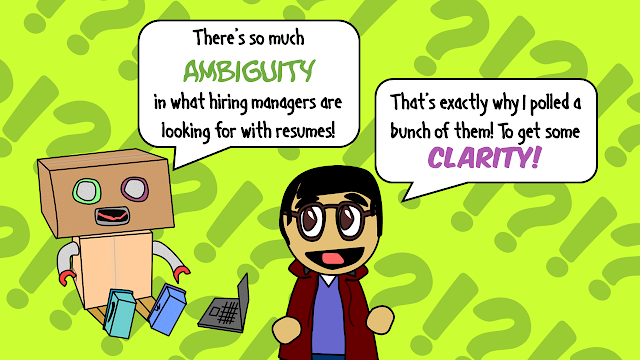Fingerprints

I'm afraid we're losing our fingerprints. I love using, experimenting and making myself more efficient with AI. And I love being creative with AI - but only where AI is in the early stages of creativity, part of the brainstorming, refinement, and iterations. The final result, I try to make fully my own. (Admittedly, in the early and still novel days, I was regularly generating images and just using them as-is but this was before developing a more discerning eye for AI. Since then, I use AI as a launching pad not as the final product.) What worries me though, is how much I'm seeing AI get used right out of the box in our everyday lives. Posters on community bulletin boards. Homework assignments from elementary schools. User groups promoting meet ups. What used to be a rich tapestry of people's individual tastes - from the poorly designed posters with clashing colors and excessive use of Comic Sans, to hand-drawn photocopies, to really well made amateur designs - is now ...





















